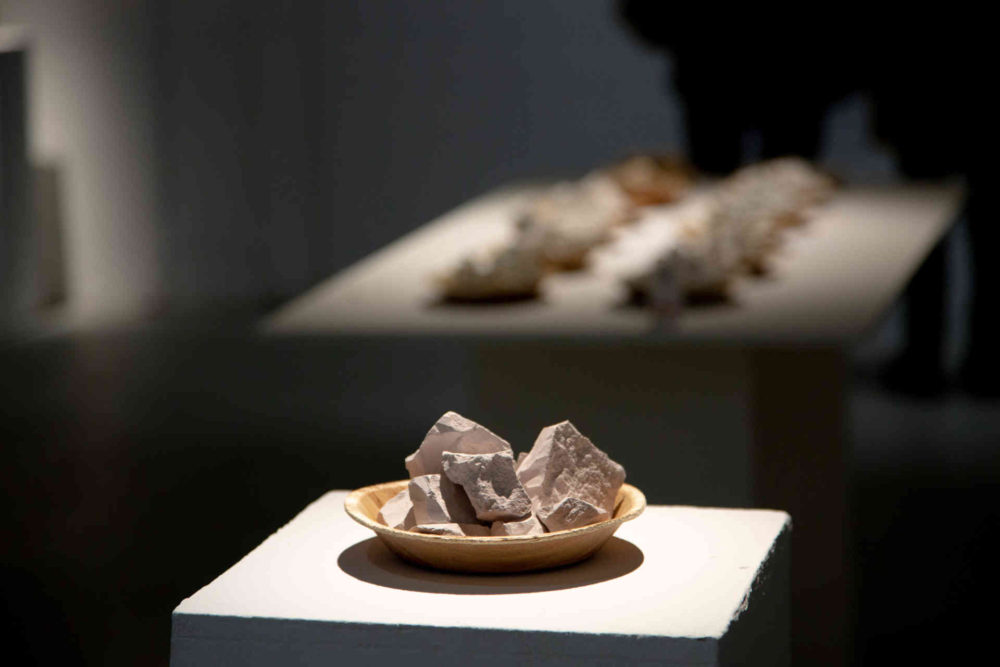
………………………………………………………………………………………………………………………………………………………………………………………………………………………………………………………..
The Museum of Edible Earth (MEE) is a cross-disciplinary project that brings together a global collection of edible soils, inviting the audience to question our relationship with the environment and rethink their understanding of the earth and cultural traditions through creative thinking. The Museum of Edible Earth explores questions such as: How do earth eating traditions differ across cultures? Where does edible earth come from? What are the possible benefits and dangers of eating earth? How do the material properties in earth affect its flavor?
The museum’s mission is to collect an extensive collection of edible soils from as many countries as possible and examine the diversity of their historical contexts and cultural meanings. Through cross-disciplinary partnerships, workshops and collaborations, it aims to reshape our conception of earth consumption, also known as geophagy.
Geophagy is the scientific name for the intentional custom of eating earth, which includes soil and earth-like substances such as clay and chalk. It is an ancient global practice driven by diverse nutritional, cultural and medicinal factors.
For reference and archival documentation , masharu studio has developed an extensive database of edible soils available on the market. This database, in addition to extensive description of earth samples and their respective background, also collects taste descriptions and experiences shared by visitors. The collection of MEE now consists of more than 600 earth samples. The materials originate from 44 countries: Armenia, Austria, Belarus, Cameroon, China, Congo DR, Côte d’Ivoire, Cuba, Denmark, Ecuador, France, Germany, Ghana, Guatemala, Haiti, Iceland, India, Indonesia, Iran, Iraq, Ireland, Japan, Kazakhstan, Kyrgyzstan, Latvia, Lithuania, Malawi, Mexico, Morocco, the Netherlands, Nigeria, Pakistan, Portugal, Russia, Slovenia, South Africa, Suriname, Switzerland, Thailand, UK, Ukraine, USA, Uzbekistan and Zimbabwe. A vast majority of the samples were gathered during field trips, as well as purchased online and received as presents.
Between 2016 and 2025, The Museum of Edible Earth has travelled to 22 countries, appearing in more than a hundred exhibitions and public events. The nomadic nature of the project, with its respective mobile presentations, field trips and collaboration with local partners, played a vital role in its evolution. Through this time, the collection has been constantly enriched by new materials, narratives and taste impressions.
The website www.museumofedible.earth is both an online database, showcasing a partial selection of the Museum of Edible Earth and as a participatory platform for the audience to share their earth-tasting experience.
Between 2020 and 2025, we gathered more than 600 comments describing tastes, flavours and associations reflecting on more than 140 earth samples. These contributions, along with collected statistics, make the project a participatory and constantly evolving work.
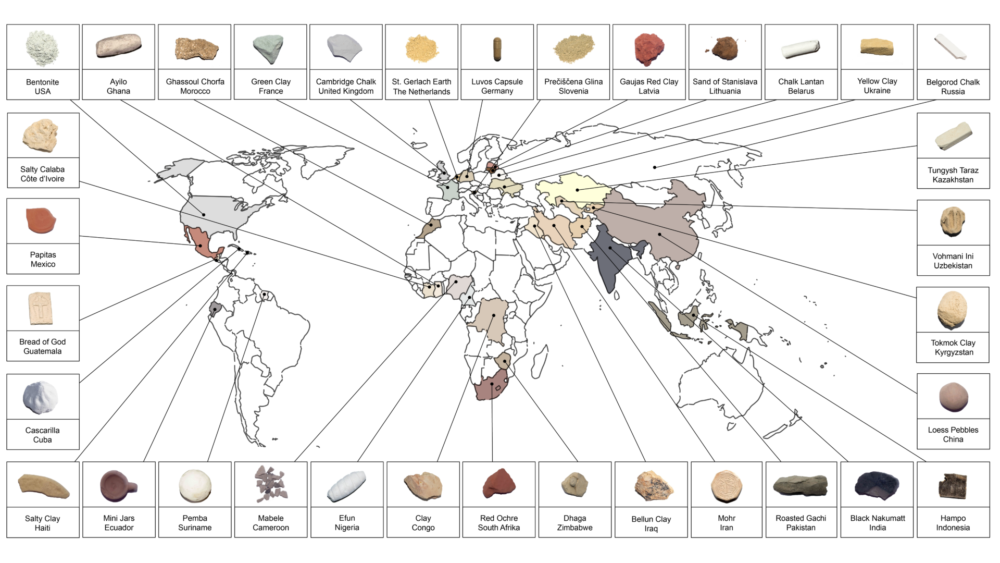
………………………………………………………………………………………………………………………………………………………………………………………………………………………………………………………..
Eating earth is not recommended by food authorities. Proceed at your own risk.
………………………………………………………………………………………………………………………………………………………………………………………………………………………………………………………..
Team
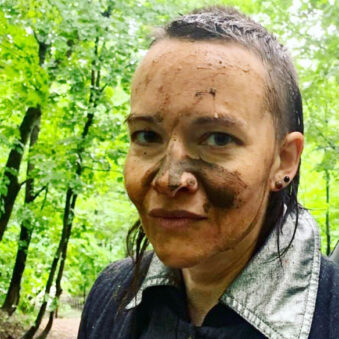
Founder

Project Manager

Graphic Designer

Product Designer

Community Storyteller

Multimedia Designer

Web Designer

Data Manager







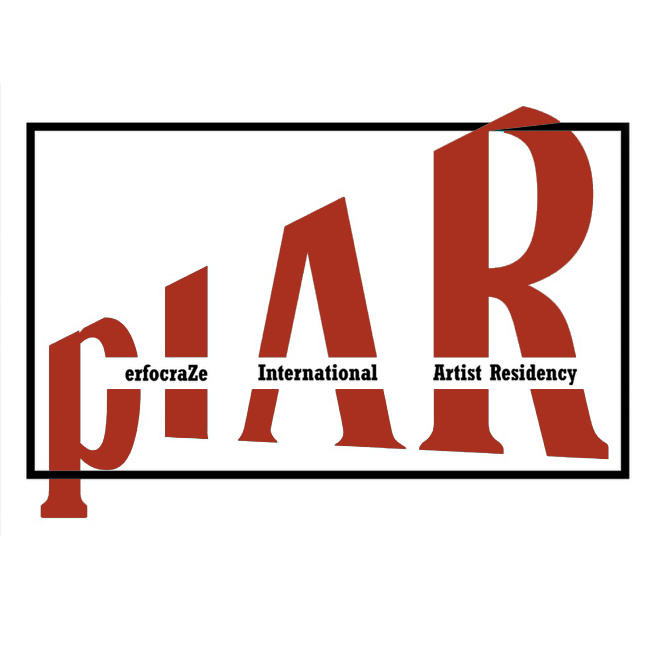

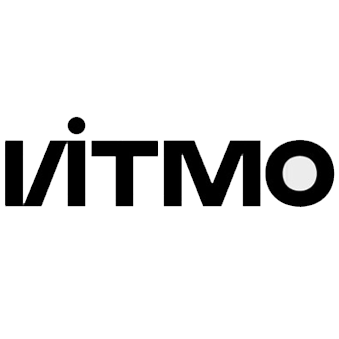

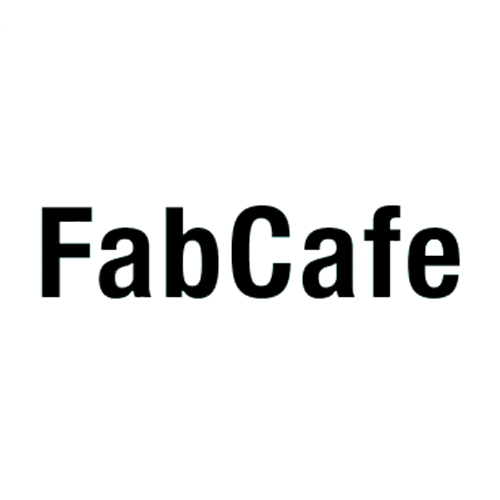

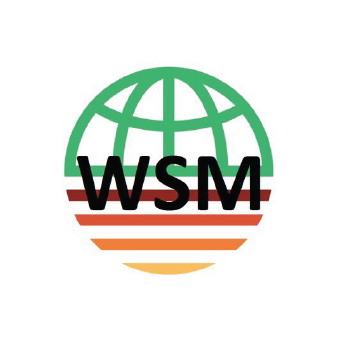


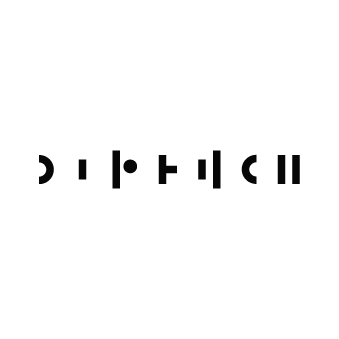

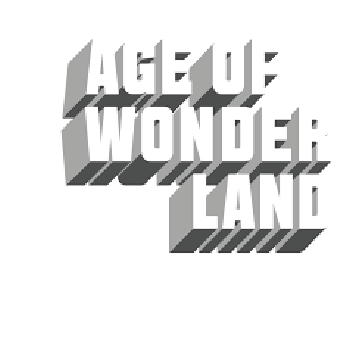

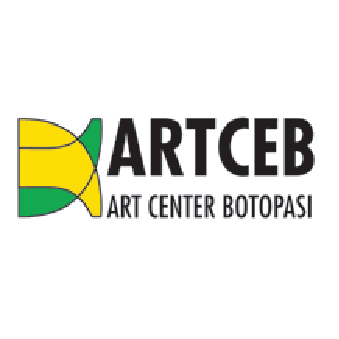


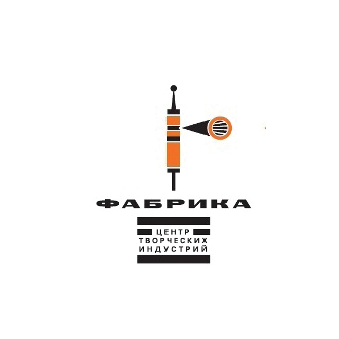

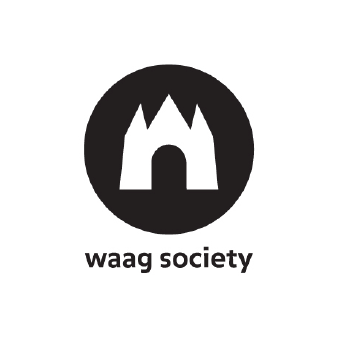



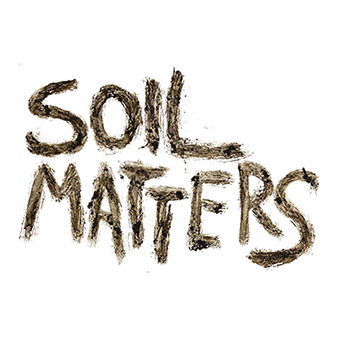
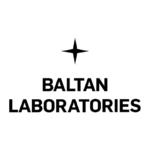












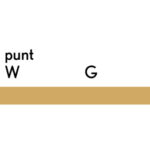




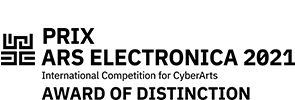

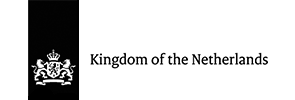




bacdz8
o1kxlu
6nkwt1
a64929
c9zurp
71suxk
v2esjd
mz3pkb